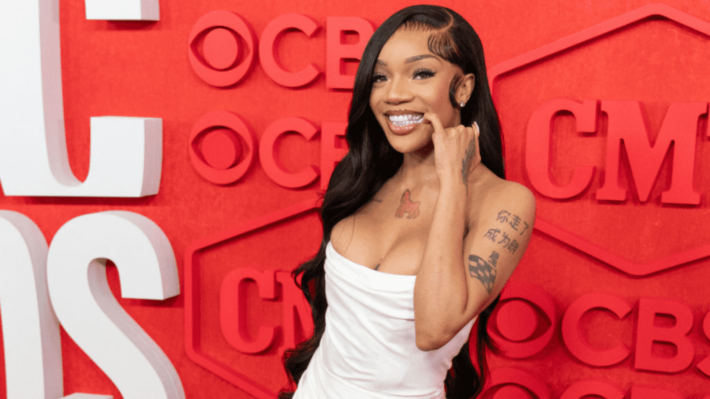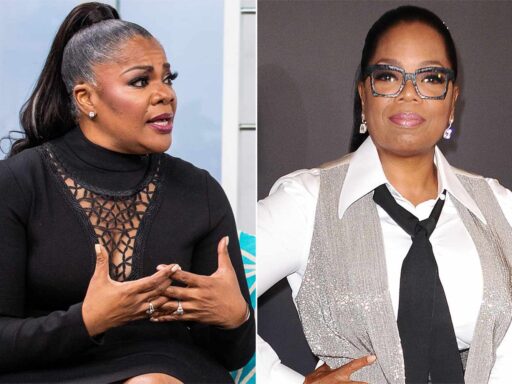
GloRilla released her new album, Ehhthang Ehhthang, last Friday. The project features a viral collaboration with Megan Thee Stallion titled “Wanna Be” and “Aite,” a track calling for sisterhood in rap. The Memphis rapper expressed her frustration at being unable to promote her music on TikTok, a platform that has helped grow the fanbase of many artists.
via: Rap-Up
GloRilla is the latest artist to speak out about her frustrations with Universal Music Group (UMG removing their catalog for use on TikTok.
In a new video she said, “One thing I am mad about, y’all, is that I cannot use TikTok to promote my music. I am mad y’all cannot make TikToks to my music mane. I am mad about that.”
On April 5, GloRilla dropped her sophomore album, Ehhthang Ehhthang. The CMG signee had been teasing the new project for a while leading up to its release. After the explosion of her latest single, “Yeah Glo!,” the stage was perfectly set for her new 12-song LP. The project features Moneybagg Yo, Kevo Muney, Boston Richie, Megan Thee Stallion and Finesse2Tymes.
GloRilla name-dropped Nicki Minaj, Cardi B and City Girls’ JT on “Aite.” On the new track, she rapped, “I just pray one day the bad b**ches would come together/ ‘Cause Cardi and Nicki on a track would break some f**king records/ Me and JT ain’t the best of friends, but we ain’t beefing.”
GloRilla’s frustration comes after UMG began removing its artists’ music catalogs from TikTok. It affected major names like Drake, SZA, The Weeknd, Ice Spice, Doechii and more. The music will no longer be available on the app, which left videos previously featuring tracks from UMG’s artists muted and users forced to find alternatives from other labels.
The move followed the expiration of UMG’s licensing agreement with TikTok on Jan. 31 and unsuccessful negotiations to renew the deal. The corporation criticized the social media platform for offering terms that failed to address concerns over compensation, AI-generated music’s impact and digital safety.
no ones sayin the rates shouldn’t improve but labels acting like they’re looking out for the artists when really they themselves just want more $ is misleading and they’re tryna gaslight by cosplaying as some “protector” of their artists ??
btw, if they cared about their… https://t.co/gLTWv6UFPV
— SANTIAGO (@russdiemon) January 31, 2024





